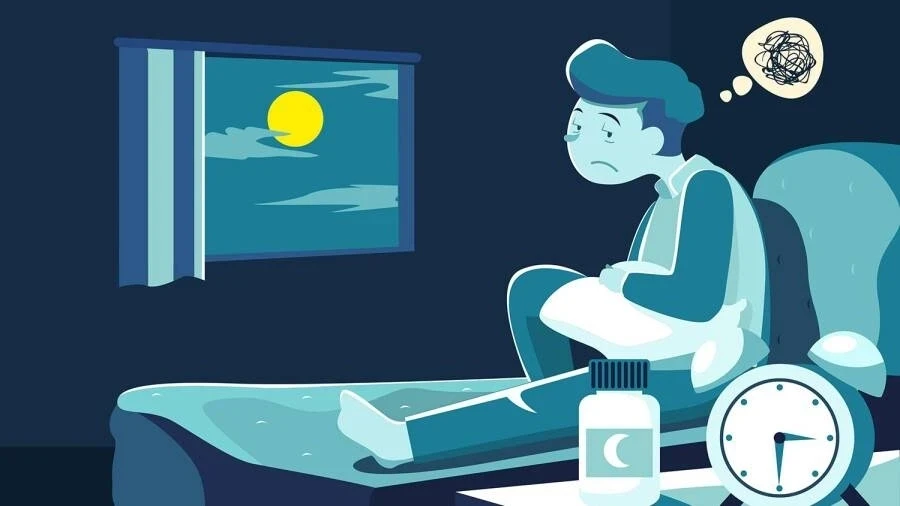
To make a correct diagnosis, it is necessary to consult a somnologist.
There are about 8 billion people in the world, and about 20% suffer from insomnia. Insomnia is not uncommon. The number of people with sleep disorders has increased, especially during the coronavirus pandemic. Together with the Association of Family Physicians of Kazakhstan, they talk about the causes and long-term consequences of insomnia.
What is insomnia?
Insomnia is the most common type of sleep disorder, a syndrome. This is not a disease, only its symptoms. Description:
no eye contact during sleep;
waking up often in the middle of the night;
waking up early in the morning (at least 30 minutes before the alarm goes off).
As a result, a person experiences functional discomfort during the day. For example: fatigue, decreased concentration or increased anger and aggression.
What causes insomnia?
There are several possible causes of insomnia:
isolation from society;
one of the manifestations of other diseases, such as depression or anxiety;
regular sleep deprivation;
work with variable tables;
time zone shift;
presence of side effects of drugs or other substances;
may be a consequence of other diseases, such as heart or lung.
In addition, about 30% of people with insomnia suffer from obstructive sleep apnea. Not many people know the term, but it is a disease that affects about 1 billion adults worldwide. To make a correct diagnosis, it is necessary to consult a somnologist. Diagnosis is based on the person's work schedule and the appearance of sleep disorders, polysomnographic examination.
Are there long-term consequences of insomnia?
In addition to reducing quality of life, insomnia can lead to high blood pressure, cardiovascular disease and diabetes. Therefore, it should not be taken lightly.
Sleep apnea after coronavirus
During the pandemic, the number of patients seeking medical help due to insomnia increased by 42-46%. The main reasons are stress and changes in sleep patterns. During the day, people do not notice it, and in bed, various thoughts interfere with sleep. In fact, a person wakes up several times in the middle of the night.
Experts recommend to improve sleep:
Even if you work at home, follow a normal daily routine;
take a break and go outside;
Follow the sleep routine: turn off the lights half an hour before bedtime. Light prevents your brain from producing natural melatonin (part of the natural sleep cycle, a hormone that helps sleep);
do not put screens in the bedroom: blue light from a mobile phone, tablet and computer signals to keep our body awake and not to release melatonin;
Exercise daily: it reduces stress and keeps your body in a normal rhythm. Exercise a few hours before bedtime to allow your body to cool down and slow down.
do not sleep during the day;
do not eat after 19.00;
reduce conversations on news and social networks, especially in the evening;
do not drink alcohol or caffeine;
Beware of over-the-counter sleeping pills: Over-the-counter medications can lead to sleep deprivation or inability to wake up in the morning, leading to emotional dependence.
try to learn to meditate

Comments
Чтобы оставить комментарий зарегистрируйтесь или войдите
Авторизация через